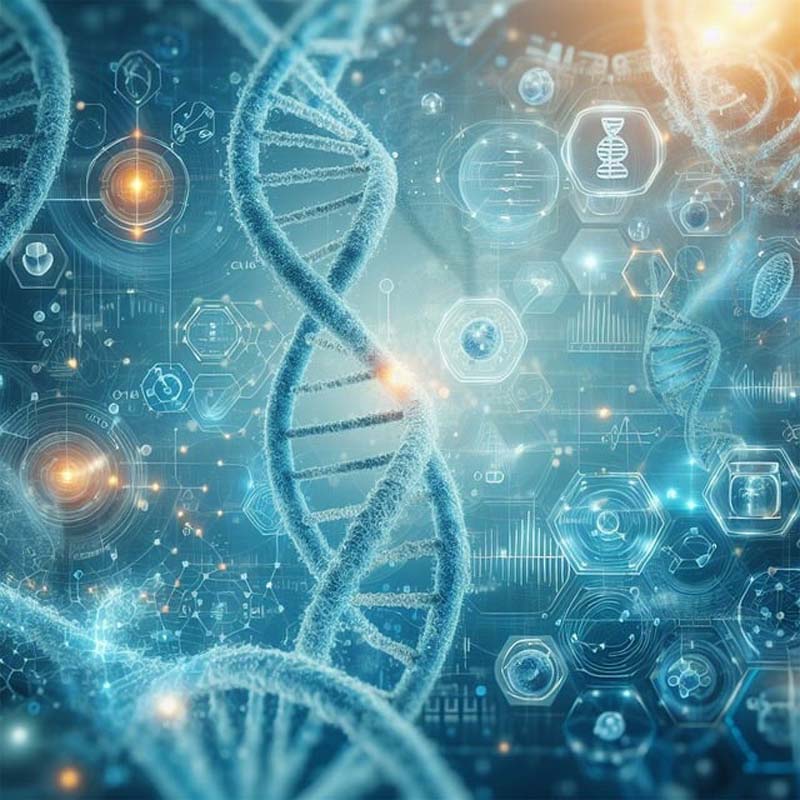
403
Sorry!!
Error! We're sorry, but the page you were looking for doesn't exist.
Study findings may give us immunity against universal viruses
(MENAFN) A study published in Science Translational Medicine suggests that recreating a rare genetic mutation could provide near-universal immunity to viruses, Science Alert reported.
The mutation involves a deficiency in the interferon-stimulated gene 15 (ISG15), which appears to make people almost impervious to viral infections. While individuals with ISG15 deficiency experience mild, persistent inflammation, their antiviral proteins remain constantly active. As a result, they show only minor symptoms even after exposure to common viruses like influenza, measles, and chickenpox.
Columbia University immunologist Dusan Bogunovic, who first identified the mutation 13 years ago, said, “If we could induce this type of light immune activation in others, we could protect them from almost any virus.”
Using technology similar to mRNA vaccines, Bogunovic and colleagues temporarily induced ISG15 deficiency in laboratory mice and hamsters. The treated animals produced ten key antiviral proteins that blocked infections at multiple stages. When exposed to SARS-CoV-2, these proteins restricted the virus without disrupting the rest of the immune system.
Bogunovic emphasized that the treatment generates only a small, temporary amount of these proteins, resulting in far less inflammation than seen in naturally ISG15-deficient individuals—yet still enough to prevent viral diseases.
The mutation involves a deficiency in the interferon-stimulated gene 15 (ISG15), which appears to make people almost impervious to viral infections. While individuals with ISG15 deficiency experience mild, persistent inflammation, their antiviral proteins remain constantly active. As a result, they show only minor symptoms even after exposure to common viruses like influenza, measles, and chickenpox.
Columbia University immunologist Dusan Bogunovic, who first identified the mutation 13 years ago, said, “If we could induce this type of light immune activation in others, we could protect them from almost any virus.”
Using technology similar to mRNA vaccines, Bogunovic and colleagues temporarily induced ISG15 deficiency in laboratory mice and hamsters. The treated animals produced ten key antiviral proteins that blocked infections at multiple stages. When exposed to SARS-CoV-2, these proteins restricted the virus without disrupting the rest of the immune system.
Bogunovic emphasized that the treatment generates only a small, temporary amount of these proteins, resulting in far less inflammation than seen in naturally ISG15-deficient individuals—yet still enough to prevent viral diseases.

Legal Disclaimer:
MENAFN provides the
information “as is” without warranty of any kind. We do not accept
any responsibility or liability for the accuracy, content, images,
videos, licenses, completeness, legality, or reliability of the information
contained in this article. If you have any complaints or copyright
issues related to this article, kindly contact the provider above.


















Comments
No comment